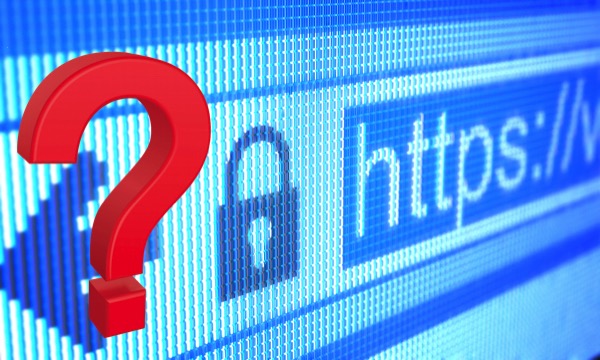India Censorship - on then off again
 India recently announced that all ISPs in the country will be required to block a list of over 800 websites. They claim all of these were for pornography or child pornography, but it turns out that was not the case for all of them. In the face of a massive backlash, the telecom ministry first said this was no big deal because people could use VPN services to bypass the censorship. They later down entirely.
India recently announced that all ISPs in the country will be required to block a list of over 800 websites. They claim all of these were for pornography or child pornography, but it turns out that was not the case for all of them. In the face of a massive backlash, the telecom ministry first said this was no big deal because people could use VPN services to bypass the censorship. They later down entirely.
Obviously this huge number of people protesting this move we're not all pedophiles but rather people who understood that this kind of censorship often leads to much broader and politically based censorship. At Anonymizer are we noticed a huge surge in the amount of traffic and sign-ups coming from India during this situation.
It is very important to set up your anti-censorship tools before you actually need them. It is easy for governments to block a website like Anonymizer.com, your service might continue to work for very long time but you would not be able to sign up in the first place once the censorship is put in place.
https://www.youtube.com/watch?v=9NZL8D-p6FY
[powerpress]



 FBI Director James Cormey says that the North Korean’s who hacked Sony were tracked because of bad operational security in their use of proxies.
FBI Director James Cormey says that the North Korean’s who hacked Sony were tracked because of bad operational security in their use of proxies. Google engineer
Google engineer 
 I have long said that privacy services are all about trust. I this article demonstrating how to use a simple web proxy to compromise the users of that proxy. Of course, the operator of the proxy is being untrustworthy, but that is the whole point. If you don’t have a reason to specifically trust the operator of your privacy service, you need to assume that they are attempting to do you harm. Of course, the same argument applies to Tor. Literally anyone could be running that proxy for any purpose.
I have long said that privacy services are all about trust. I this article demonstrating how to use a simple web proxy to compromise the users of that proxy. Of course, the operator of the proxy is being untrustworthy, but that is the whole point. If you don’t have a reason to specifically trust the operator of your privacy service, you need to assume that they are attempting to do you harm. Of course, the same argument applies to Tor. Literally anyone could be running that proxy for any purpose. In two separate cases recently
In two separate cases recently  Engineers at Golden Frog recently discovered that Cricket wireless was automatically disabling their email encryption.
Engineers at Golden Frog recently discovered that Cricket wireless was automatically disabling their email encryption.